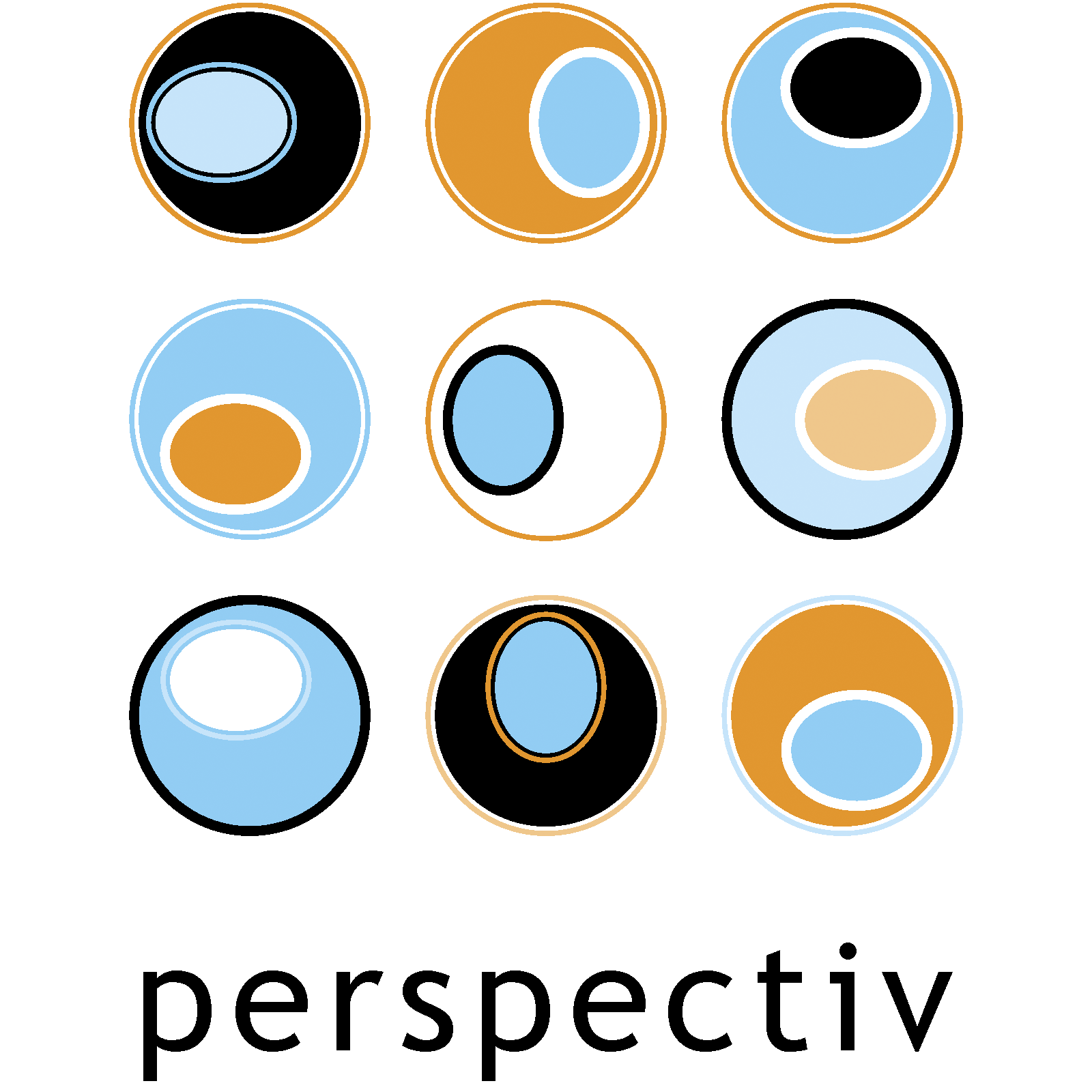The awful truth about most meetings
This post was written by Perspectiv’s Andy Wilkins, Kate Stuart-Cox, and Ian Stromsmoe.
THE WHAT – costly, unproductive, poor quality, damaging for people
Part of our work at Perspectiv and Bayes Business School includes researching as well as helping individuals, teams, and whole organisations to be more effective. This work includes meetings of all shapes and sizes.
This post shares research findings about most traditional meetings and provides some more inclusive, productive, and better-quality ways forward – highlighting the importance of process thinking and Facilitative Leadership. The bottom line from research is that 90% of employees feel that meetings are both costly and unproductive, often poor quality, and damaging for people.
SO WHAT – meetings matter
Some of the inconvenient truths about ineffective meetings is that they are damaging for people (maybe unwittingly):
Research shows that when people are put into meetings and asked to solve problems, they show diminished cognitive capacity which equates to the average IQ of each individual dropping by 15 to 20 percent – clarity of meeting purpose and people’s roles matter.
IQ drops even further if people do not feel their contribution will be valued and/or if other people criticise (even implicitly) their contributions to a meeting – psychological safety matters.
People’s confidence is reduced, especially when they feel like a more junior member of the meeting – confidence matters.
Those that don’t start on time tend to be 1/3 less effective than meetings that start on time – discipline matters.
Surely, we can do better.
NOW WHAT – facilitative leadership
Most managers and leaders are unaware of the importance of the process, but the key to bringing about a leap in meeting effectiveness is process thinking.
The lynchpin for process thinking is Facilitative Leadership, which is the understated secret to more effective and higher quality meetings. Research shows that:
With effective facilitative leadership in place, many of the negative aspects of meetings disappear
Fewer meetings enable people more time to get things done
A reduction in the number of meetings by 40% increases productivity by 70%
Enabling people to generate their thoughts by themselves dramatically improves quality
And enabling people to generate thoughts before the meeting, by inviting the brain to storm a specific task, leads to more diversity, better analysis, better ideas, and better problem solving.
The difference in meeting quality between most traditional meetings and those that use Facilitative Leadership AND an inclusive process such as Creative Problem Solving is the difference between night and day.
MAIN References
Unmasking the other face of flexible working practices: A systematic literature review, Lebene Richmond Soga, Yemisi Bolade-Ogunfodun, Marcello Mariani, Rita Nasr, Benjamin Laker. Journal of Business Research, 2022.
Do We Really Need Another Meeting? The Science of Workplace Meetings, Joseph E. Mroz, Joseph A. Allen josephallen@unomaha.edu, Dana C. Verhoeven, and Marissa L. Shuffler. American Psychological Society, 2018.
Scarcity Frames Value, Anuj K. Shah, Eldar Shafir, and Sendhil Mullainathan. Association for Psychological Science, 2015.
Implicit signals in small group settings and their impact on the expression of cognitive capacity and associated brain responses, Kenneth T. Kishida, Dongni Yang, Karen Hunter Quartz, Steven R. Quartz and P. Read Montague. Philosophical Transactions of the Royal Society, 2012.
Meetings Matter: Effects of Team Meetings on Team and Organizational Success, Simone Kauffeld and Nale Lehmann-Willenbrock. Small Group Research, 2011.
The Science and Fiction of Meetings, Cliff W.Scott. MIT Sloan Management Review, 2007.
A Review of Brainstorming Research: Six Critical Issues for Inquiry, Scott Isaksen, Creative Problem-Solving Group, Buffalo, 1998.
The Effects of Facilitators on the Performance of Brainstorming Groups, Nicole L.Oxley, Mary T.Dzindolet, and Paul B. Paulus. Journal of Social Behavior and Personality, 1996.
Effects of extended effort in creative problem solving, Sidney J. Parnes. Journal of Educational Psychology, 1961.

